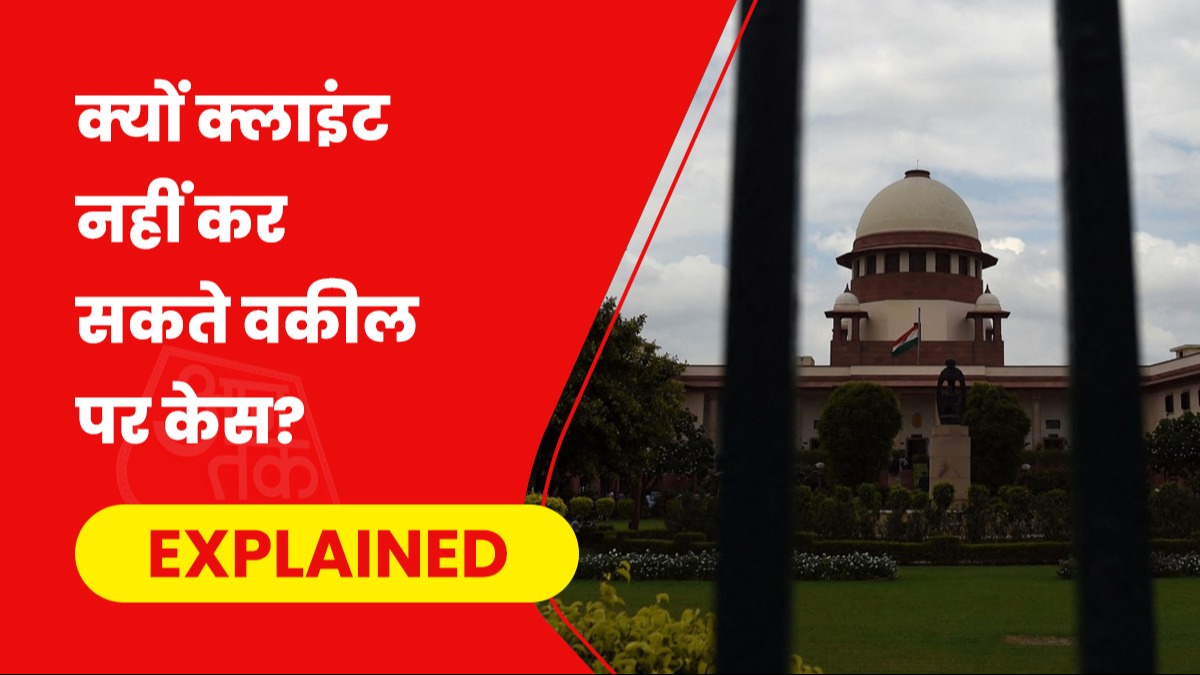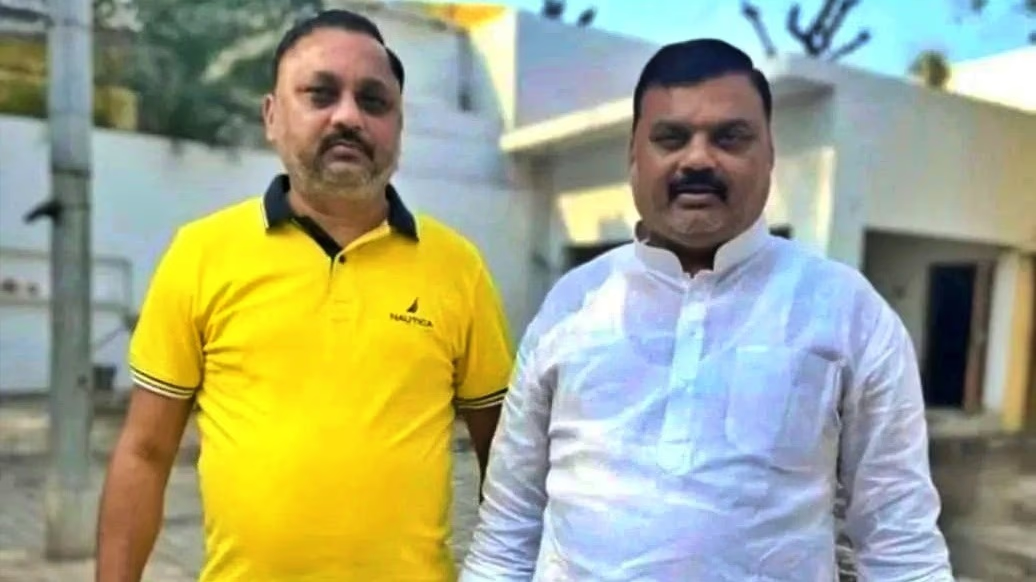The practice of law should be considered distinct from other businesses or trades. In a recent dismissal of an appeal, the Supreme Court declared that the complexities of the legal profession mean outcomes hinge on variables beyond a lawyer's control, rendering client-initiated lawsuits against their own attorneys inappropriate, deviating from common Consumer Protection Act norms.
This decision overturns a 2007 National Consumer Disputes Redressal Commission (NCDRC) stance that allowed clients to drag their lawyers to consumer courts under the Consumer Protection Act, 1986, if a fault is found in the service provided.
What arguments were presented, and what did the Court conclude?
M Mathiyas, the original petitioner, along with groups such as the Bar Council of India and the Bar of Indian Lawyers, argued for keeping the legal profession exempt from CPA repercussions.
Arguments from the Lawyers’ Side
The petitioners contended that unlike in other professions, lawyers, despite receiving fees, cannot simply act as mouthpieces for their clients, as the Bar Council of India Rules, 1961 hold them accountable to the court and even their competitors. Lawyers may have to refuse representation to clients urging unethical practices, further distinguishing their responsibilities.
It was also argued that legal issues are often so complex that the outcome can elude a lawyer’s influence. Furthering this point, the absence of universal standards in the legal field, unlike scientific backing in medicine, suggests that legal services should not fall under consumer law purview.
Existing Regulations for Lawyer Conduct
There are existing laws under the Advocates Act, 1961, and the jurisdiction of bar councils at both state and national levels to take necessary action against lawyers.
In countering arguments from lawyers, the court appointed senior advocate V Giri as an amicus curiae, who highlighted two categories of lawyers: those representing clients in court and those providing services outside, like legal advising. Giri mentioned that the latter could fall under the consumer law, an angle the Supreme Court acknowledged.
Court’s Deliberation and Final Judgment
Justice Bela M Trivedi’s bench ruled that the CPA does not extend to legal services as they are not a trade or business aimed at profit by nature and involve elements beyond control.
Need to Rethink Protections for the Medical Profession?
The court also revisited the Indian Medical Association vs VP Shantha case, which held medical professionals within the scope of the CPA, suggesting a need to re-evaluate this inclusion given the Supreme Court’s latest ruling. It’s important to note that patients and relatives can still press medical negligence charges against healthcare providers, with actions taken upon proven allegations.




